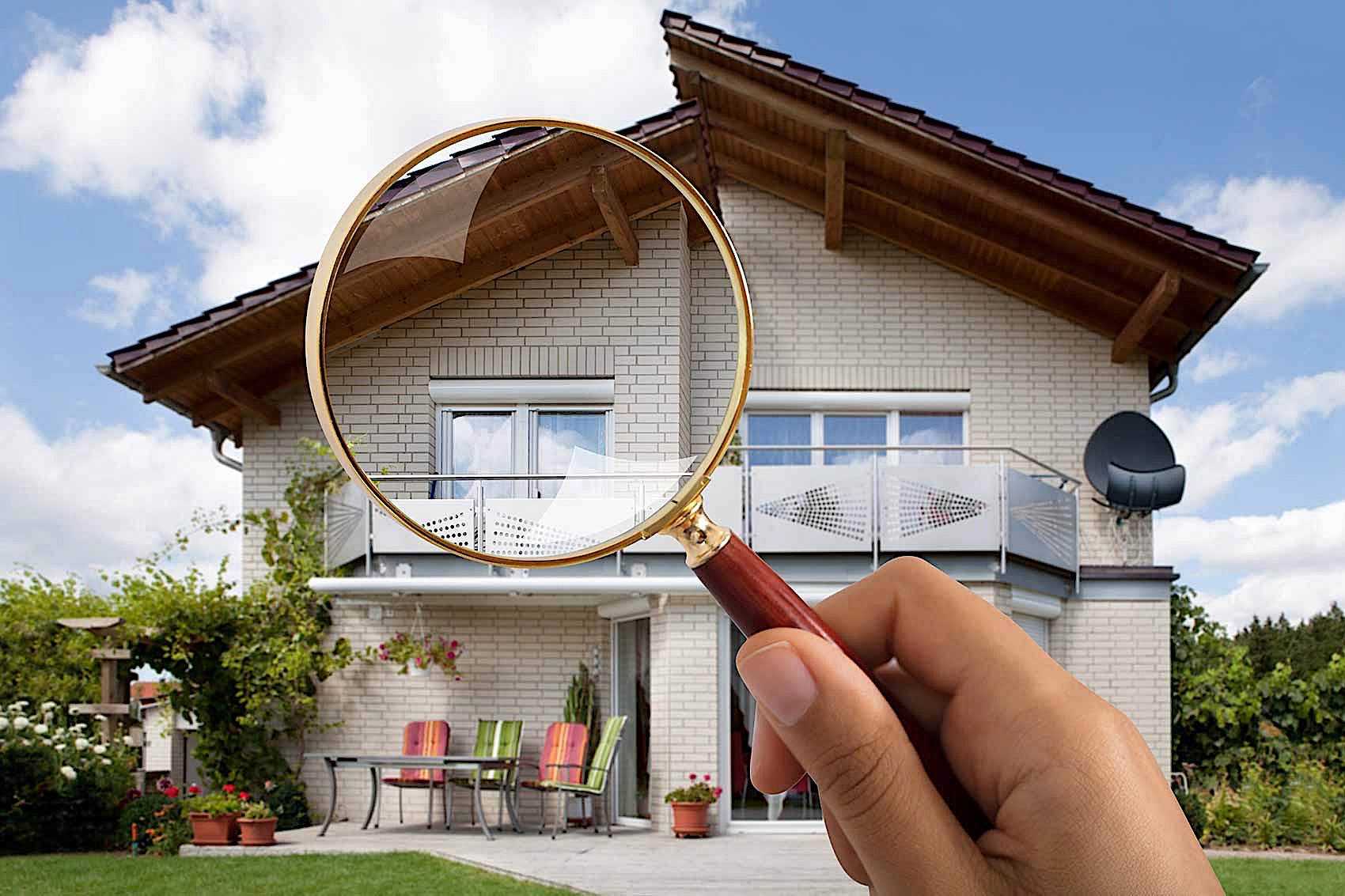
A home inspection is a critical step in the steps to buy a house. It is important to understand that the home inspection is not a guarantee, but it is an assessment of the condition and quality of the property.
Home inspectors are qualified professionals who inspect homes for potential problems that may be present or will develop in the future. They are trained to inspect every aspect of a house and look for anything that could affect your health, safety, or security.
The cost of hiring a professional home inspector can be high, but it usually pays off in time saved by avoiding costly repairs down the road.
In this article, we’ll explain how important it is to hire a home inspector when you’re planning to buy a house.
What Is a Home Inspector?
A home inspector is a professional who inspects the condition of a house or other residential property. The inspector usually checks for any structural damage and also checks for mold and pests. They also check for any signs of water or sewage leaks, as well as electrical problems.
The inspector will then provide their report to the client, which includes an assessment of what repairs are needed and how much they will cost. This report is often used by buyers when negotiating with sellers on the price of a property.
Do You Need a Home Inspector when Buying?
The answer is yes. If you are a home buyer there are many benefits to having an inspector on your side. A home inspection can help you avoid costly repairs, identify safety hazards, and issues with the property that could affect your resale value.
A home inspection can be a useful tool for buyers who want to get a better understanding of their potential new purchase. It can also help them make an informed decision about whether or not they want to move forward with the purchase.
Can You Skip the Inspection?
As the housing market has changed, home buyers have been buying more homes without an inspector. This is because they are not able to afford an inspection and they don’t want to miss out on a house that they really like.
The problem with this lack of inspections is that it can lead to problems in the future. For example, there is a higher chance of mold growth or structural issues if the house was built before 1978 and there was no inspection done beforehand.
Overall, you can see that the choice of having an inspection comes down to either peace of mind or holding onto your money for an inspector.
If you plan to live in this house for a long time, then knowing all the issues in this house should be important to you. The money you pay for an inspector is a one-time payment that could be well worth it in the end.
That’s the true importance of a home inspector when you’re buying a house.
Leave a Reply